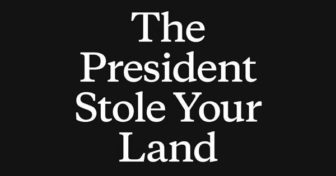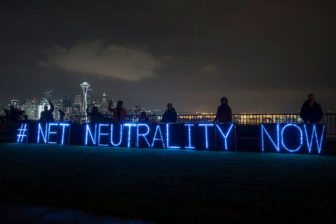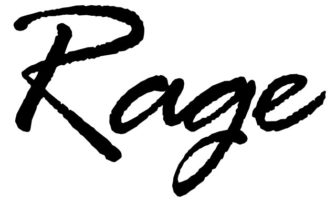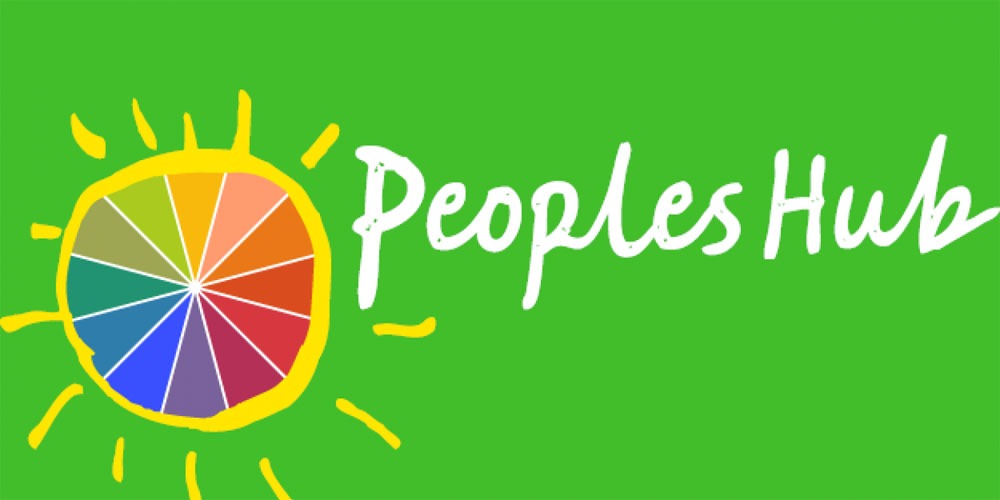March 16, 2011; Source: Forbes | Nonprofits do not have to be 501(c) corporations or even corporations at all. Remember the international hacking group called Anonymous? NPQ covered them when they shut down the sites of PayPal and other financial processors that had been serving as places for donors to contribute to WikiLeaks (here and here).
Later, when an Internet security firm, HBGary, announced that it would reveal the identity of leaders of Anonymous, the group hacked into the security firm and found e-mails and documents showing that the U.S. Chamber of Commerce and the Bank of America were toying with HBGary to attack Chamber critics.
The Anonymous gang doesn't appear to be interested in stopping, claiming now to have hacked into the Virginia-based consulting firm, Booz Allen Hamilton, purporting to show that the firm has been developing software to use against dissidents in countries such as Azerbaijan. According to Forbes, the software would create "armies of fake people" through social media sites such as Facebook. The claims of Anonymous in this case look a little sketchy as even a member of the group known as "Topiary" says that the information comes from informants and doesn't definitively prove that the software was connected to the government of Azerbaijan or, as Topiary suggested, to the U.S. Air Force (which supposedly had a contract with Booz Allen).
Sign up for our free newsletters
Subscribe to NPQ's newsletters to have our top stories delivered directly to your inbox.
By signing up, you agree to our privacy policy and terms of use, and to receive messages from NPQ and our partners.
In a way, Anonymous is a kind of Internet-age social movement, operating across borders, with porous boundaries through which members can join and leave, but like other social movements, it is beginning to develop some of the trappings of organization. Anonymous is apparently connected in some way to the AnonLeaks site (described as a "non-profit organization" on Facebook). Their page includes a link to an Anonymous-produced manual on how to survive a revolution, which includes tips about how to spot the "first signs" of a revolution including "censorship of social networks such as Twitter or Facebook."
Topiary announced the upcoming Booz Allen revelations on what appears to be the official online radio station of Anonymous, Radio Payback, which accepts donations through a firm called Moneybookers.
Forbes hints that as Anonymous has moved toward becoming a little more formalized, it has begun to supplant WikiLeaks, currently embroiled in Julian Assange's legal troubles, with its own news revelations. As technology develops and spreads, the boundaries of the nonprofit or voluntary sector become harder and harder to identify.—Rick Cohen












